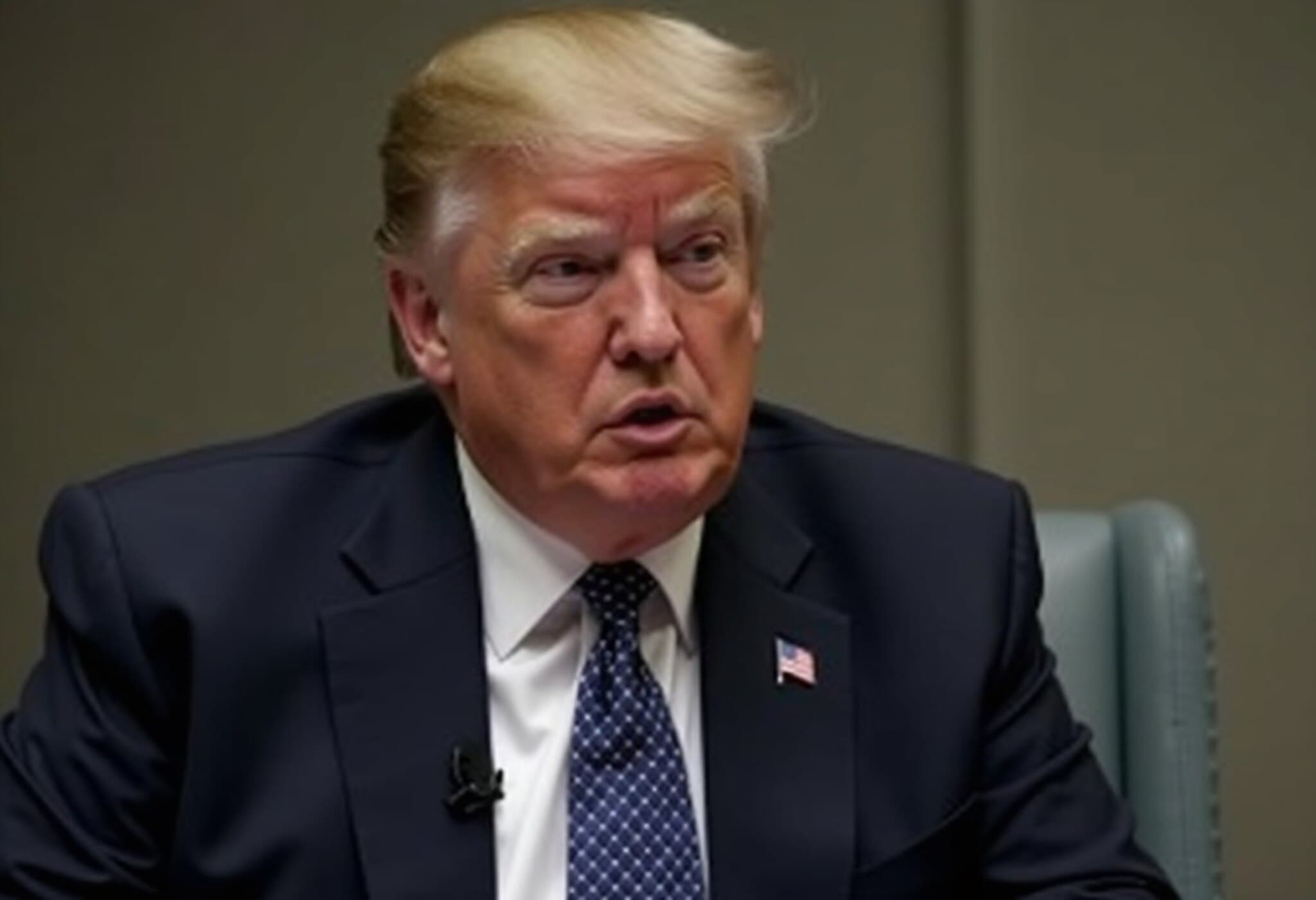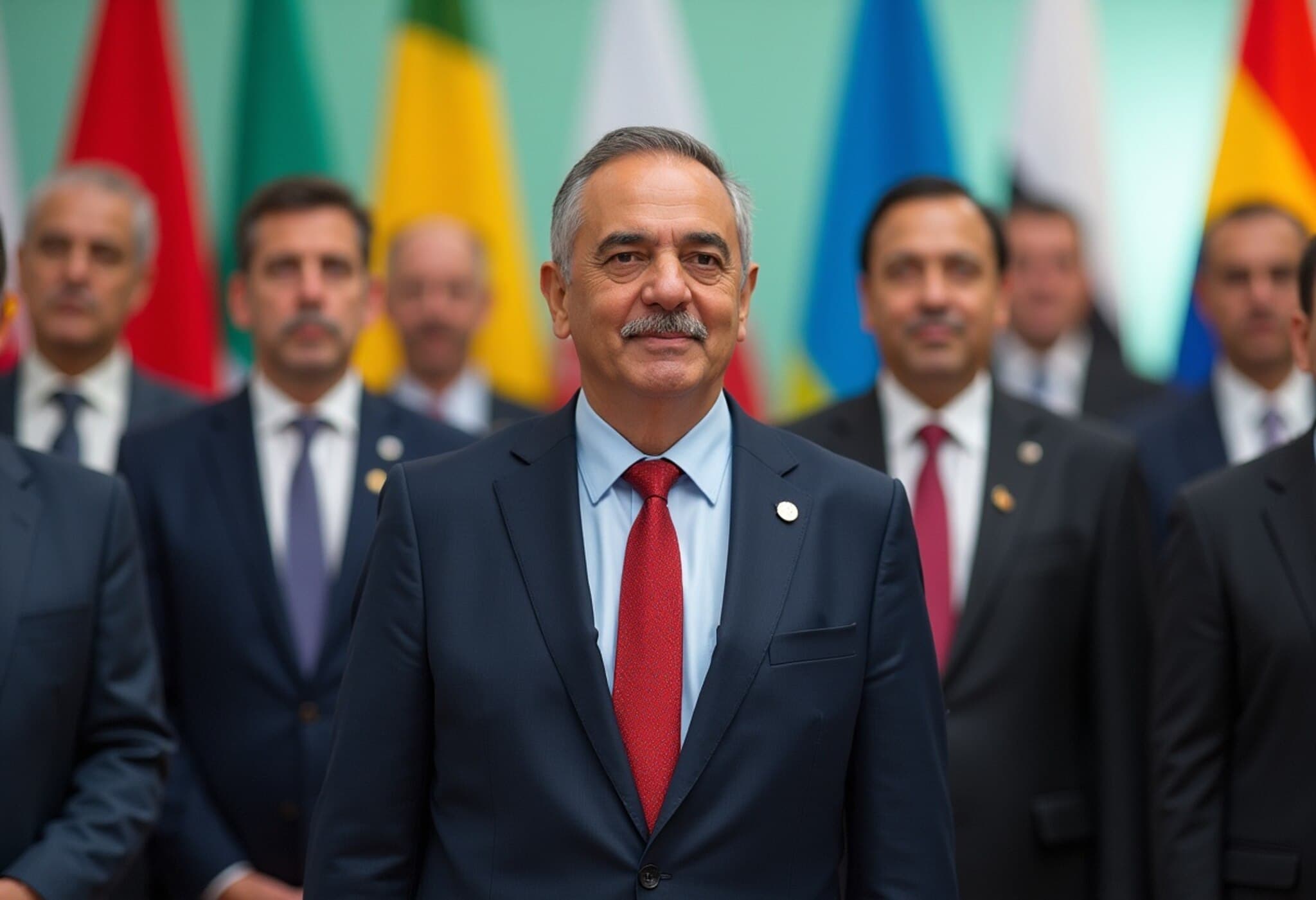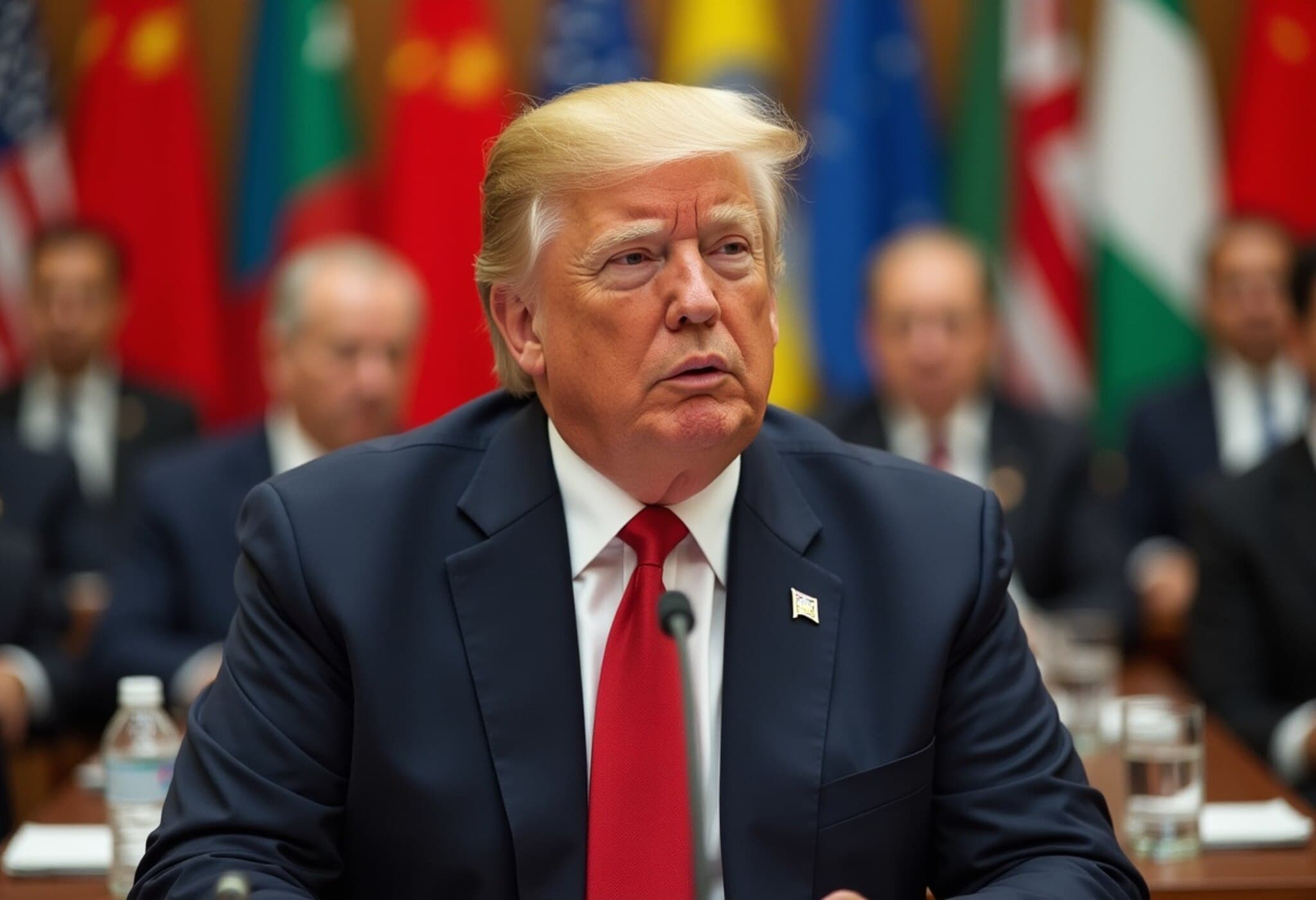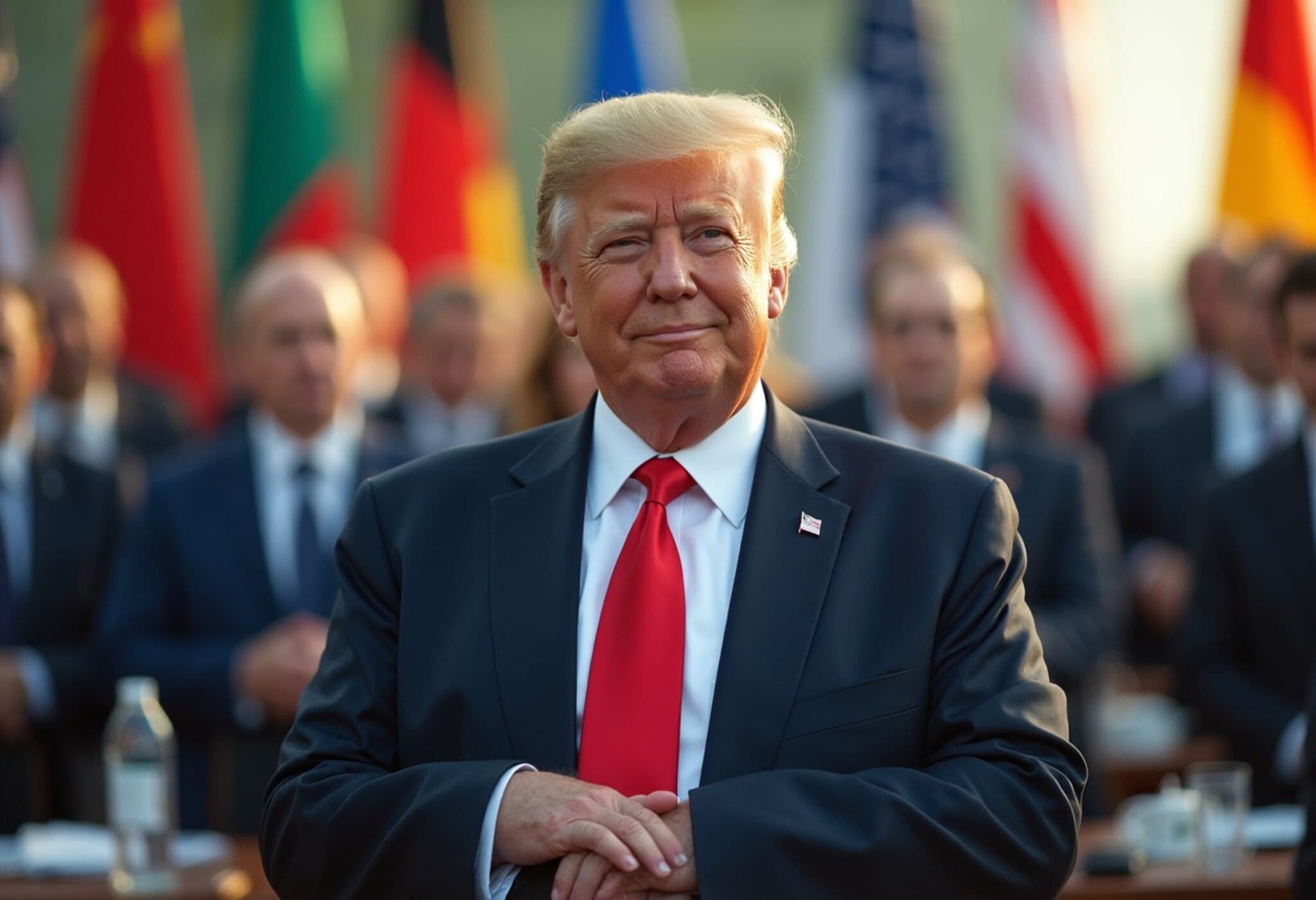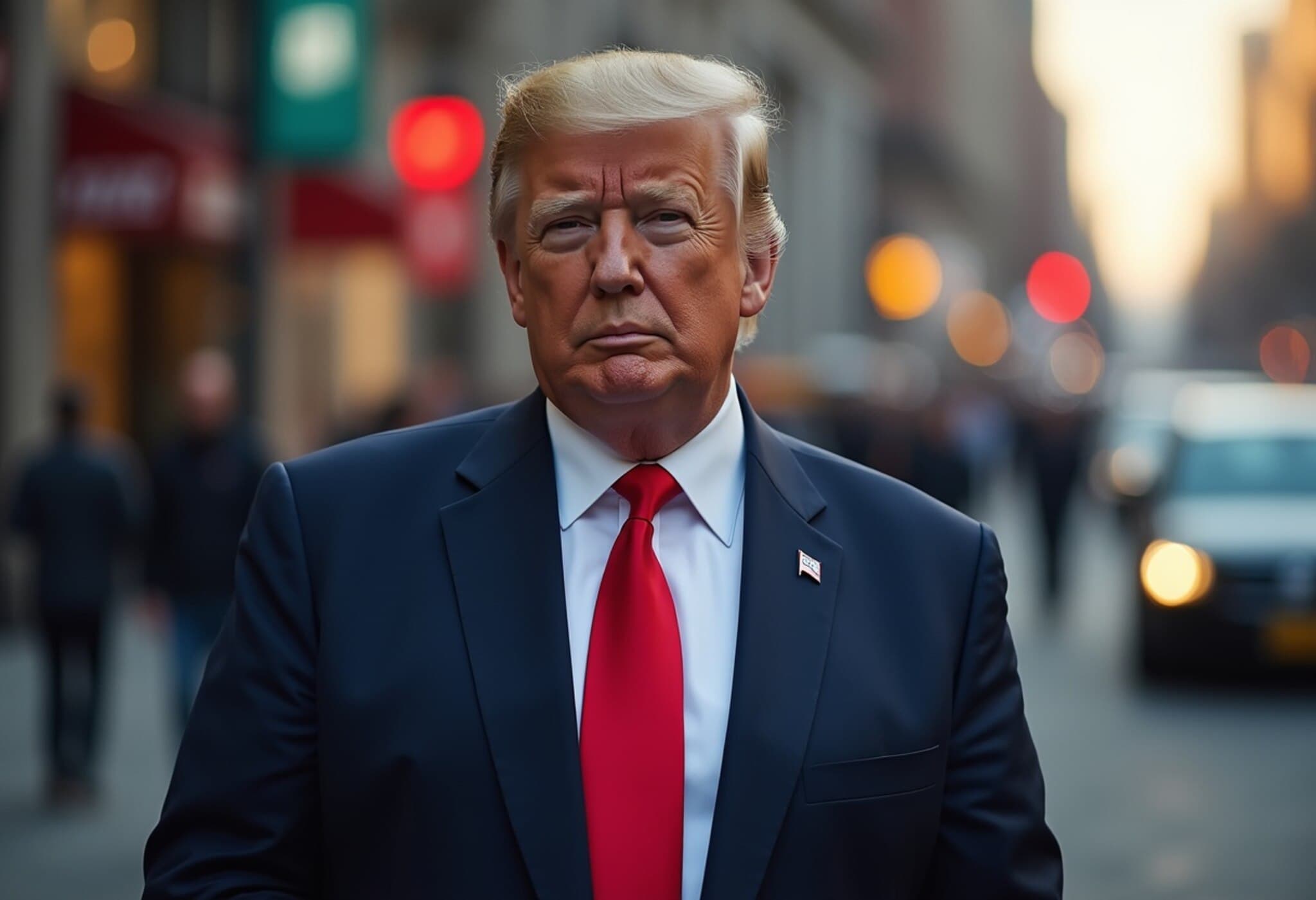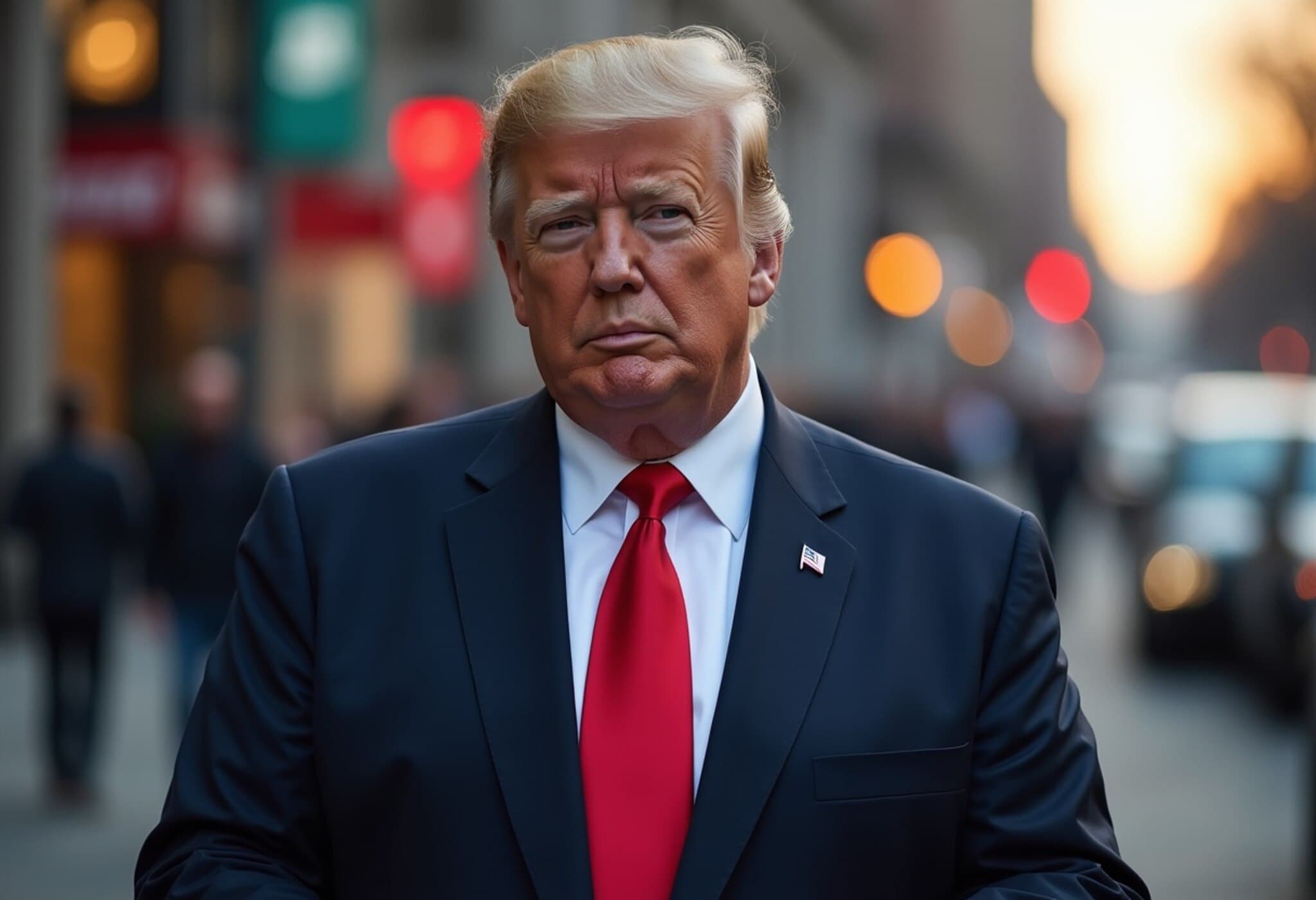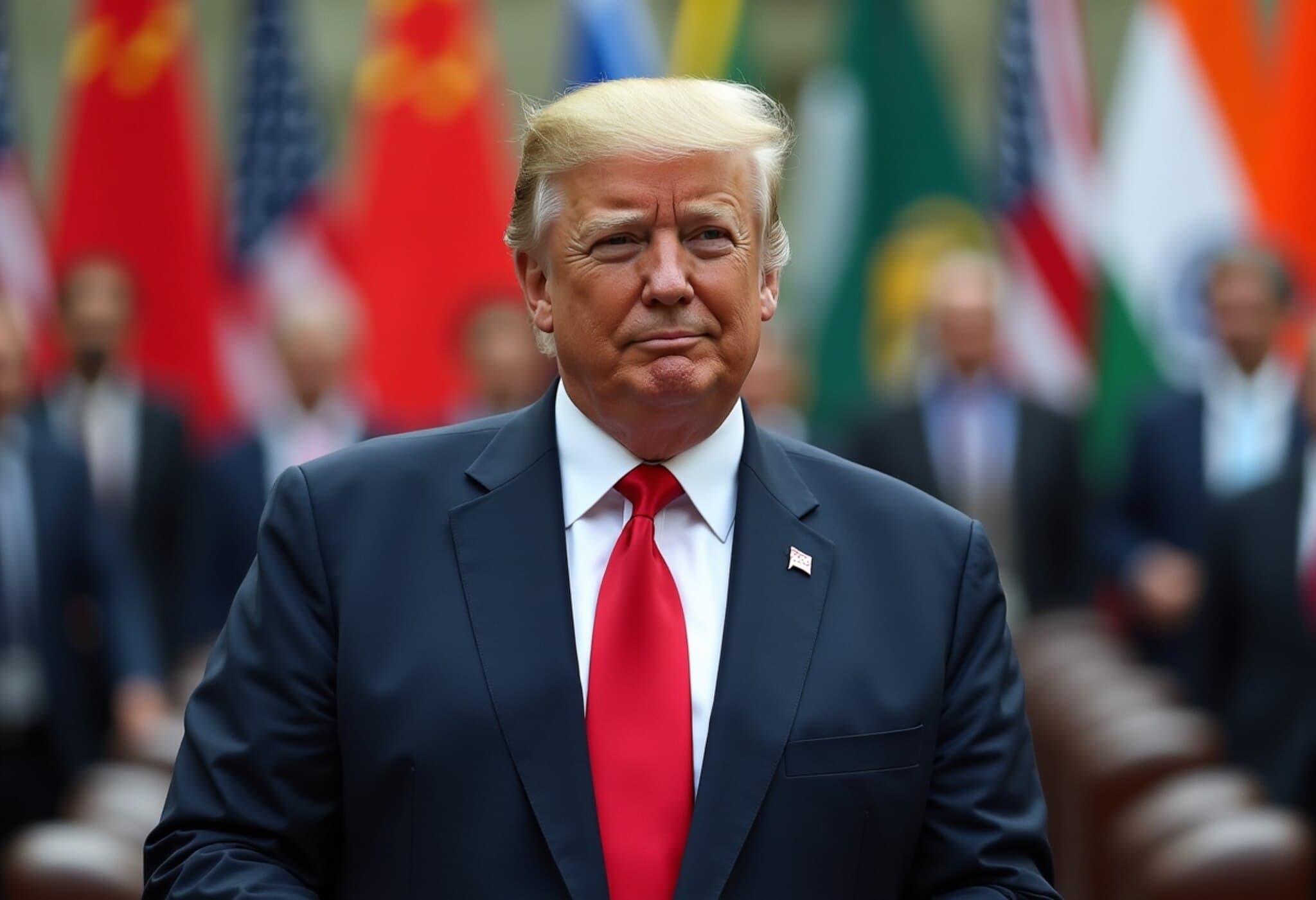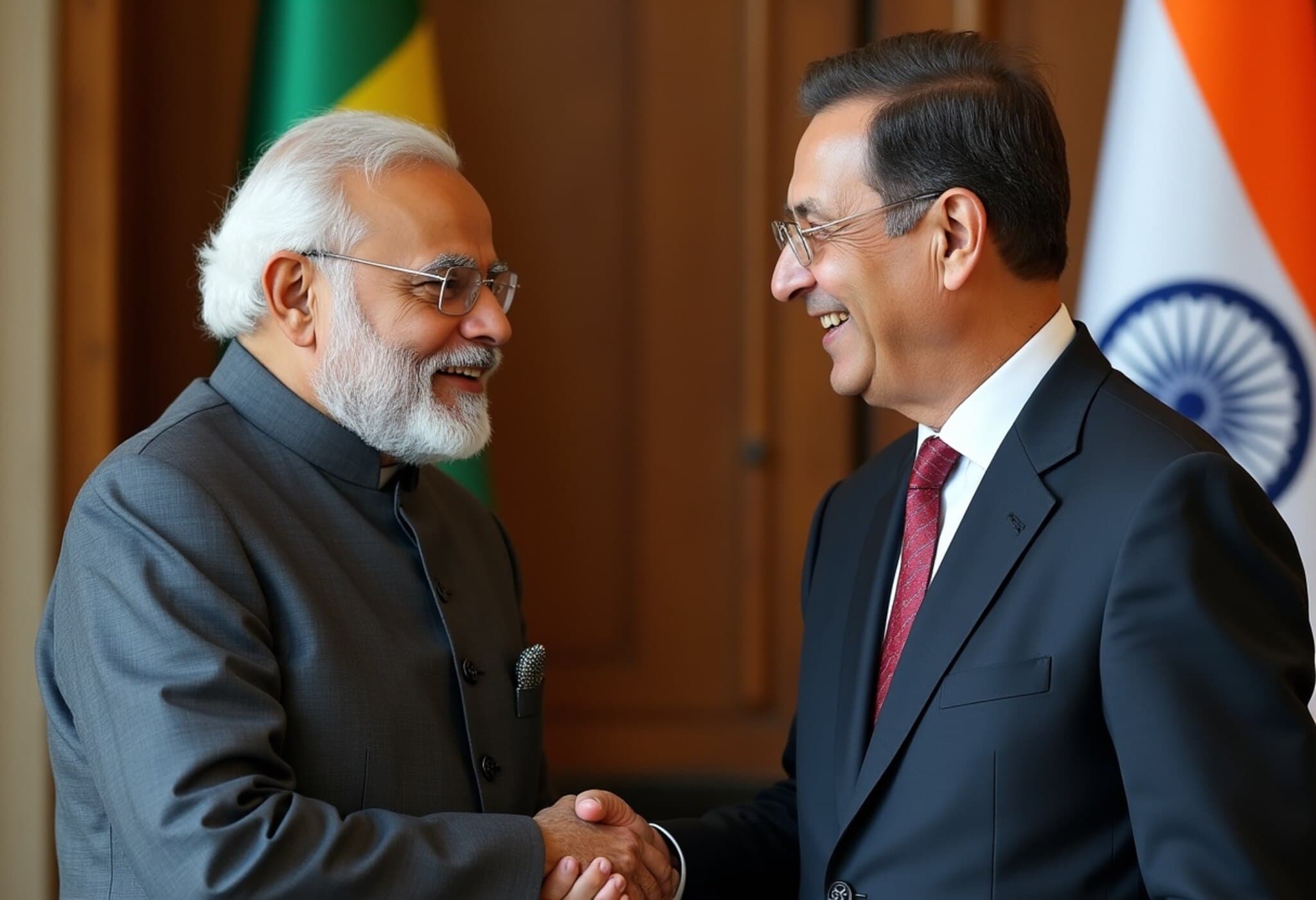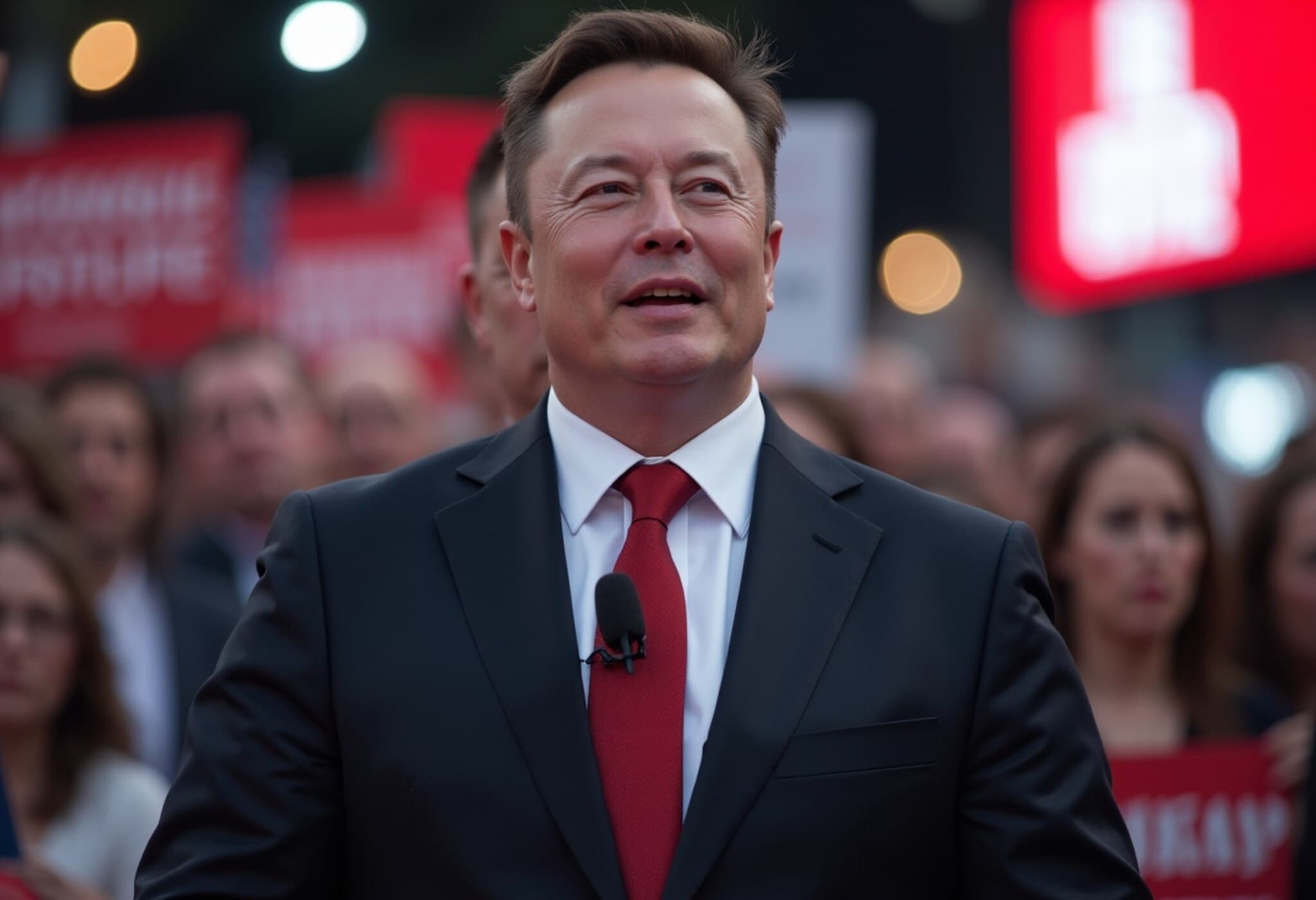BRICS Leaders Challenge US Tariffs Amid China’s Absence at Rio Summit
At the BRICS summit held in Rio de Janeiro, emerging economies representing nearly half the world’s population and around 40% of global GDP have voiced strong apprehension over recent American import tariffs. The summit's preliminary declaration underscores these nations' unified stance against unilateral trade barriers perceived as harmful to global commerce and economic growth.
Firm Opposition to Unilateral Trade Measures
The participating nations, including Brazil, Russia, India, China, and South Africa, collectively expressed their “serious concerns” about the surge in unilateral tariff and non-tariff regulations that disrupt fair trade practices. Without naming the United States or its leadership directly, the statement condemned such measures as inconsistent with World Trade Organization (WTO) rules and flagged the risk they pose to the sustainability of global trade and development.
Context: Rising Tensions from US Policy Shifts
Since taking office, the US administration has repeatedly threatened and implemented punitive tariffs targeting allies and competitors alike, escalating international trade tensions. The latest wave of tariffs, announced via formal notifications to trade partners, has intensified worries among BRICS members, prompting this collective diplomatic pushback at the summit.
China and Russia’s Notable Absences Stir Speculation
Adding a layer of intrigue, Chinese President Xi Jinping did not attend the summit—marking his first absence in over a decade of BRICS meetings. His absence, coupled with Russian President Vladimir Putin’s choice to participate remotely due to ongoing legal challenges, has drawn considerable analysis from international observers.
Why Is Xi Missing the Summit?
One plausible explanation cites recent diplomatic engagements—Xi recently hosted Brazil’s President Lula in Beijing, possibly diminishing the need for his personal attendance in Rio. Moreover, the prominence of Indian Prime Minister Narendra Modi as a guest of honor, complete with a state lunch, may have influenced Xi’s decision to avoid any perception of being eclipsed.
Accordingly, Premier Li Qiang represented China in the summit proceedings. For Brazil's President Lula, who is leveraging this summit alongside other major international events hosted at home, Xi’s absence is a political setback amid Brazil’s ambition to elevate its global profile ahead of next year’s presidential elections.
Other Key Absences and Geopolitical Underpinnings
Iran’s President Masoud Pezeshkian also missed the summit due to the country’s recent conflict with Israel, with Foreign Minister Abbas Araghchi attending in his stead. Iran reportedly pushed for stronger denunciations of Israel and the United States regarding their strikes on Iranian sites, though the BRICS final text maintained a balanced tone consistent with previous statements expressing “grave concern” without direct attribution.
Expanding the Agenda: Technology and Health
Beyond trade and geopolitical matters, the summit agenda featured pressing global issues such as artificial intelligence and healthcare, reflecting BRICS’ increasing focus on innovation and social welfare. The bloc itself has grown to include not only its founding members but also nations like Saudi Arabia, the United Arab Emirates, Egypt, Ethiopia, Indonesia, and Iran, signaling an evolving broad coalition of emerging economies.
Looking Ahead
The BRICS summit in Brazil has spotlighted the churning dynamics of global economic order amid rising protectionism. By jointly condemning unilateral tariffs and fostering multilateral cooperation frameworks, the bloc aims to assert its influence in shaping fairer international trade systems while navigating the complex terrain of global diplomacy.









